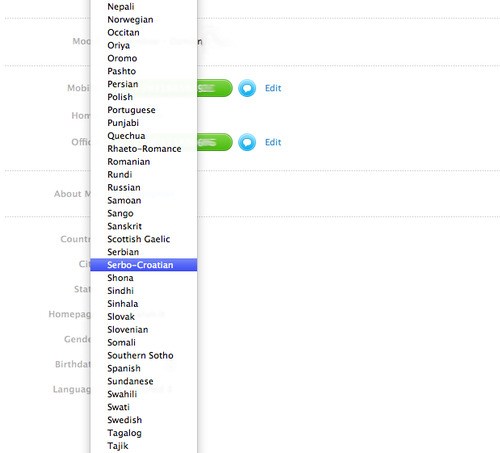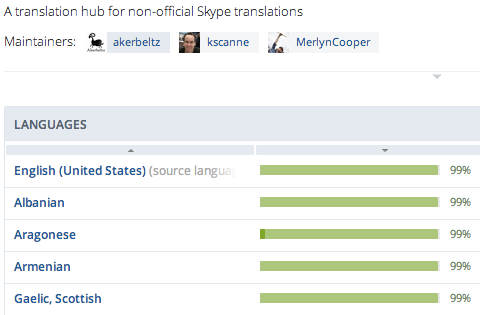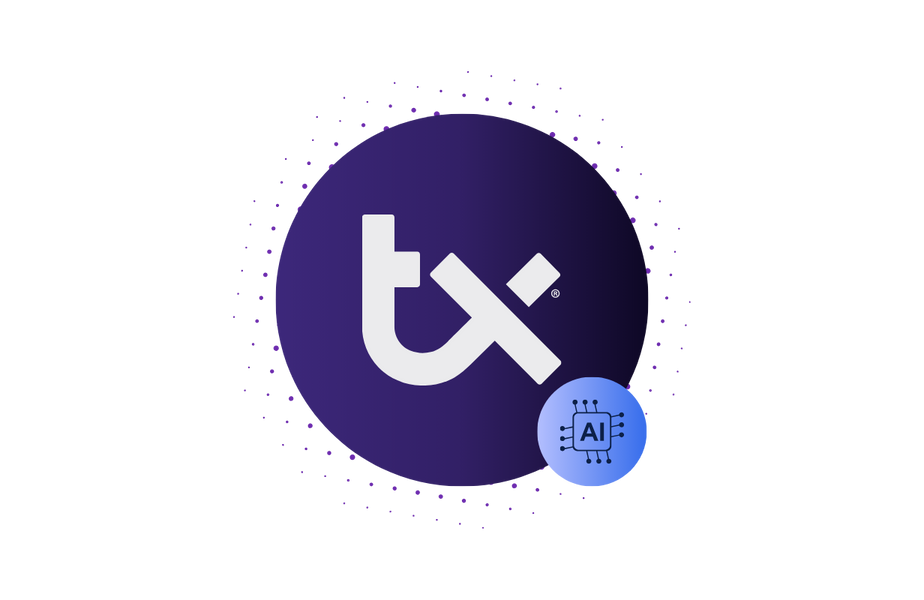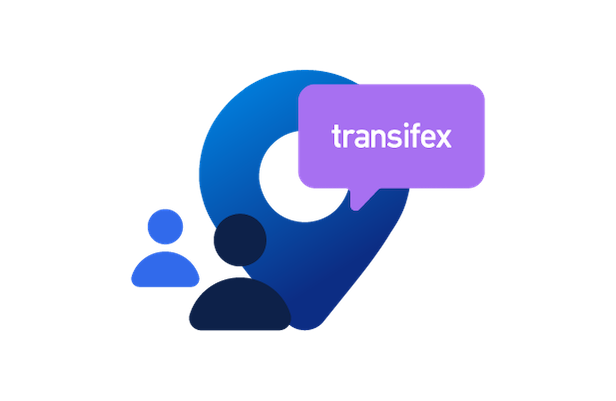

Michael’s Story: Localizing Skype (Unofficially)
Michael Bauer is on a mission. As the owner of a language services company in Scotland, he runs a lot of localization projects for his locale, Scottish Gaelic.
Many of them are for open source, but Michael tells us, “In a community as small as ours with less than 60,000 speakers, we can’t afford to say ‘we’ll only translate open source projects’ and ignore popular commercial products.”
Most of the time a regular user can’t do much about the localization of a commercial product. However, an opportunity arises every now and then. Skype happened to be one of them.
Getting Started
Back in 2010, Michael spotted the “Edit language file” feature in Skype for Windows. He started translating it to Gaelic. But he ran into a problem.
While users could translate Skype into any language, only the most popular languages were packaged with the default installation file. So Michael began distributing his Scottish Gaelic translations in a .lang file via the official Skype forum and several other channels. He maintained the file best as he could, but the .lang format used by Skype made it hard to spot any string changes in Skype updates.
Setback
In mid-2011, Microsoft pulled the plug on the old Skype forum and replaced it with a new one. Users like Michael who distributed their unofficial translations via the old forum lost access to their files.
Disappointed (and a bit annoyed), Michael wondered how many other languages had finished translations. He scoured the web for Skype languages files and discovered an astonishing bonanza of languages — ranging from Adyghe to Pulaar and Esperanto to Telugu. All in all, there were 32 languages other than the ones bundled with Skype.
He found those language files in all sorts of places. Some were hosted on the private pages of academic institutions, some on dedicated software sites, some from forum posts. He even dug one up from the deletion history of a Wiki.
Michael recalls, “In one ghastly case, I had to install some strange Skype clone with bizarre graphics someone had done in order to get the .lang file — not because it hadn’t been hosted elsewhere but because the other sites had gone dead or moved.”
Finding a Fix
Michael contacted a few like-minded Skype localizers and together they tidied up the files and created a repository on SourceForge. This brought all the files together in one place and ensured hosting wouldn’t suddenly disappear.
Though the files were on SourceForge, they were in .lang format. The setup was still not ideal, especially for less tech-savvy translators. Michael’s next step was to find a system that simplified the process for translators and provided a translation editor.
“We considered our options and asked Transifex if they would be willing to help out, even though our project falls between the chairs — it’s not open source but at the same time, it’s not supported by the company in question either,” Michael explains. “Fortunately, the answer was ‘yes,’ so here we are.”
New Setup
“We are now using .po files with Transifex. It’s much easier to spot changed source strings, and translators don’t have to touch any files. And seeing the percentage of completion for each language allows you to handle your workflow better — it also instills a bit of competition to get to 100% between the languages,” Michael says.
“And of course, it is much easier to collaborate with other people. Working on a .lang file as a team is one unholy nightmare, but on Transifex you can manage lots of team members easily.”
The unofficial Skype translations project has been up on Transifex for a short period of time. Michael remarks, “Since joining, we’ve already picked up several new locales. One of them, Serbian (Cyrillic), was picked up through a translator who does other Serbian projects on Transifex.” Gaelic, which had been very close to completion, is now complete.
Others have joined the project and started working on translations. The project is in over 40 languages. “Our primary goal is to bring all the languages up to 100%,” says Michael. “Thankfully, Skype is relatively low maintenance. Down the road, we will look at what can be done for Skype on Linux and Mac.”
—
If you would like to use Skype in a language such as Irish or Armenian, you can download the .lang files. You can also contribute to Michael’s project and help translate Skype on Transifex.









